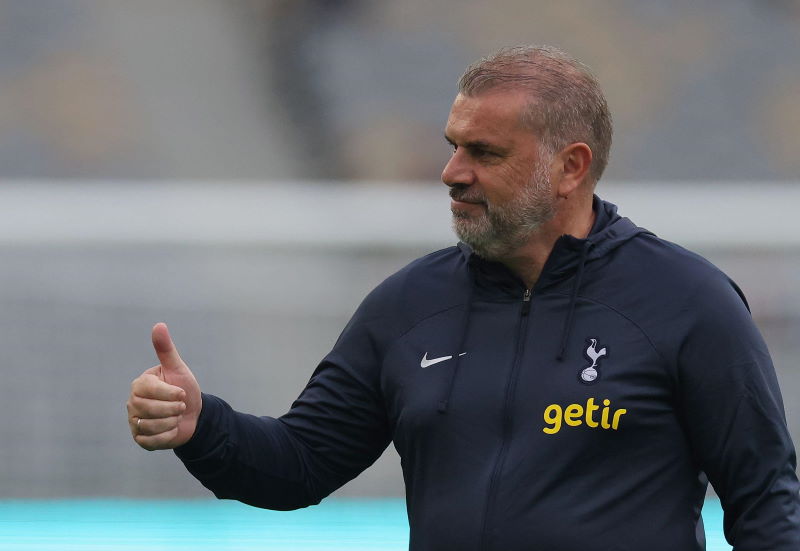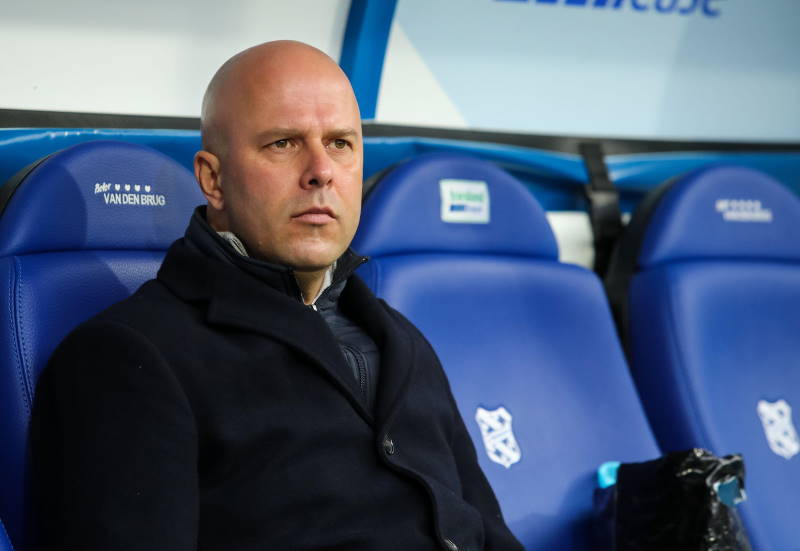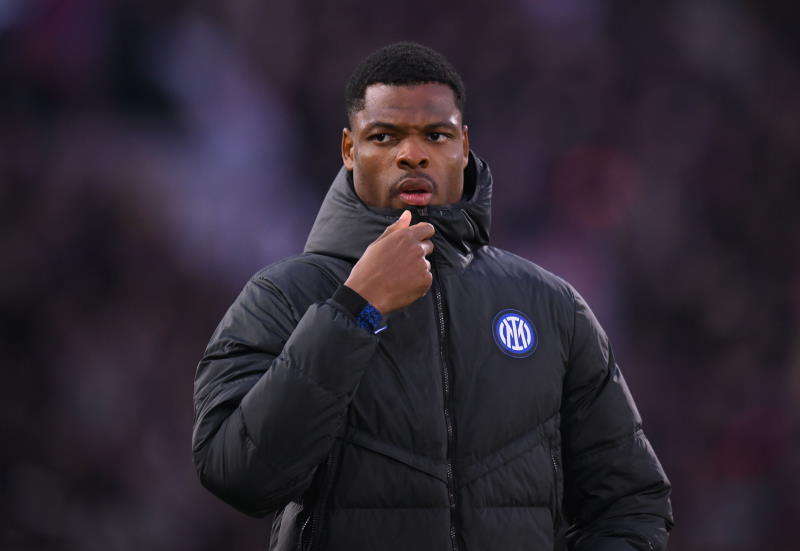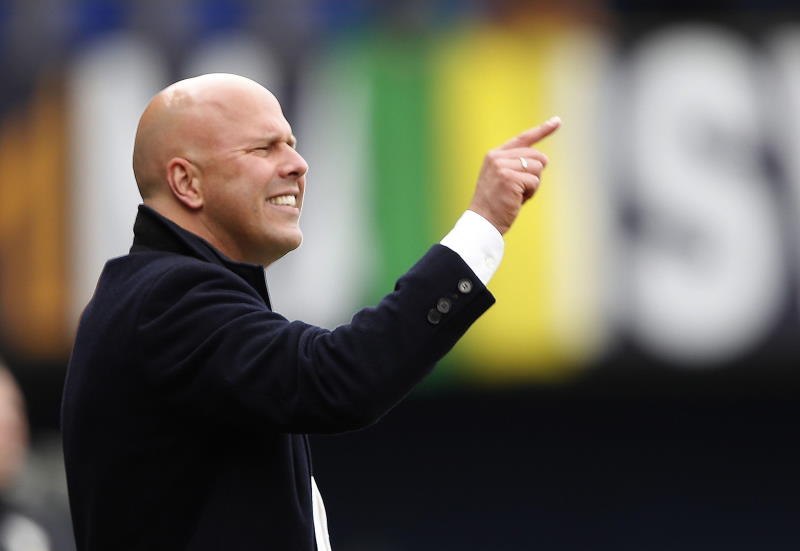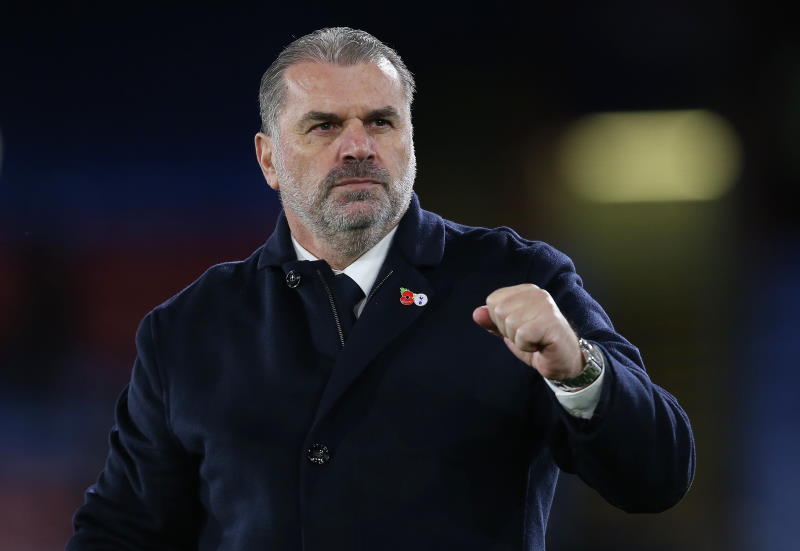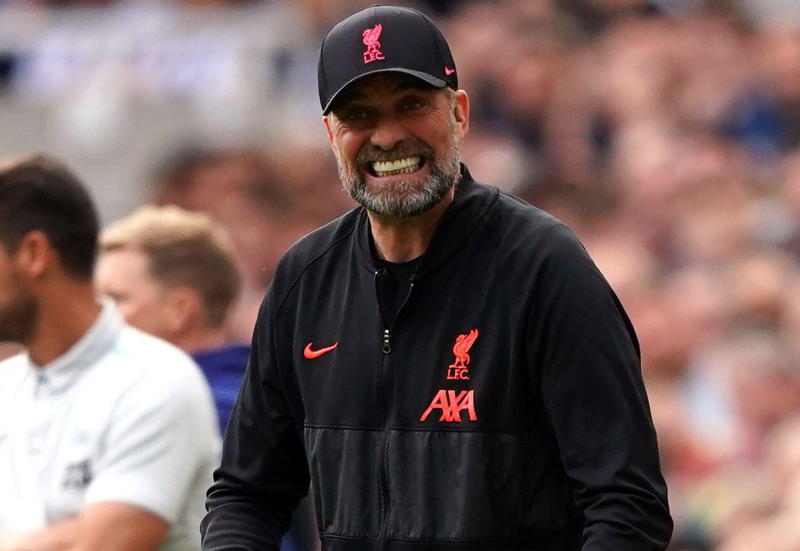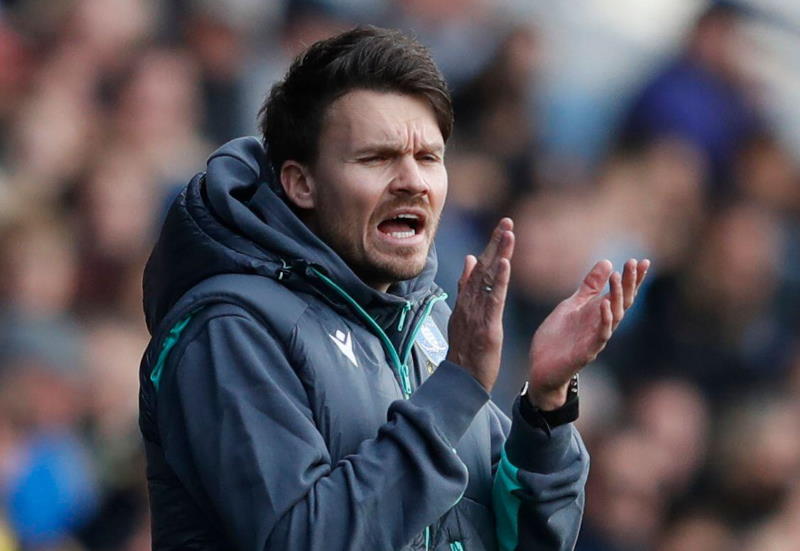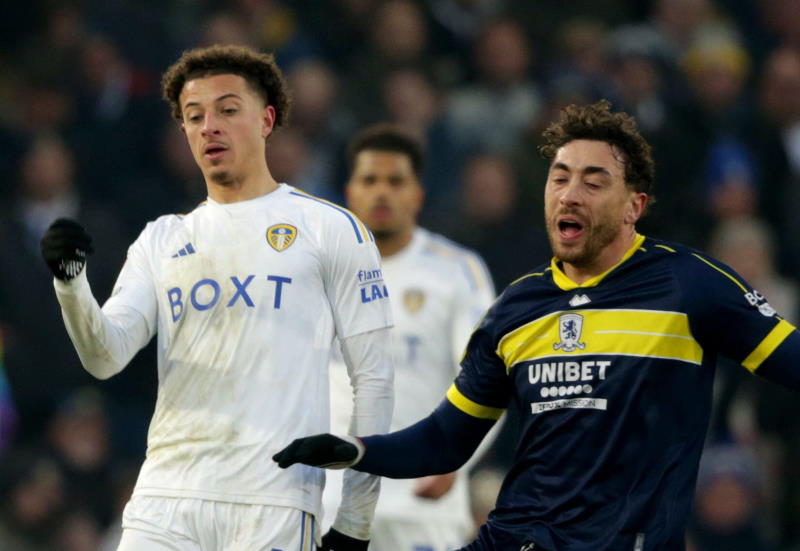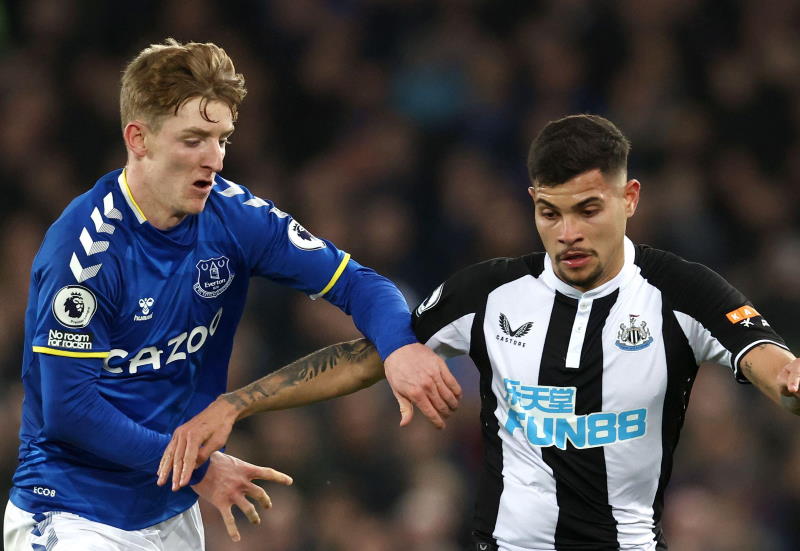
Early into Gabriel Garcia Marquez’s seminal ‘One Hundred Years of Solitude’ the character of Jose Arcadio Buendia, frustrated at the backwardness of his fellow townspeople, laments to his wife. “Incredible things are happening in the world. Right there, across the river there are all kinds of magical instruments while we keep living like donkeys.” Similar voices have been heard across Colombia in recent years by those vexed by the dogged refusal of the country’s football federation to drag Colombian football into the 21st century.
A succession of appointments precipitated by deference to the old guard of Francisco Maturana, Hernan Dario Gomez, et al had irritated those who believed Colombian football needed to move beyond the ‘rosca paisa’ style that achieved success and plaudits in the early nineties. After the reprehensible actions of Gomez saw him removed from his position as national team coach there was real hope that a foreigner with new ideas would be brought in to spearhead the nation’s attempts to qualify for the 2014 World Cup.
Instead, the parsimonious football federation, having failed in their attempts to entice former Paraguay coach Gerardo Martino, appointed Gomez’s assistant: the inexperienced Leonel Alvarez. An excellent win over Bolivia at the altitude of La Paz saw Alvarez’s reign get off to a flying start, but a draw with Venezuela and then defeat to Argentina saw the naysayers begin to circle once more. He was relieved of his duties shortly afterwards.
The federation, perhaps realising the error of their ways, moved quickly to agree a deal with the Argentine Jose Pekerman, former coach of his home national team. It was a serious, well-considered appointment and was met with widespread approval.
It is interesting that Pekerman, considered a renaissance man in Argentina for building an attractive team around the classic playmaker Juan Roman Riquelme, was seen through Colombian eyes as a bringer of fresh ideas and impetus. A methodical coach who preaches the importance of balance above anything else, his Argentina team enthralled with their short-passing style but were also solid in defence, conceding less than a goal a game in qualification for the 2006 World Cup, and just three in five at the tournament itself.
It should therefore come as little surprise to learn that Pekerman’s Colombia kept a clean sheet in his first game in charge, a 2-0 friendly win over Mexico in Miami, Florida. Playing in a 4-4-2 formation, the disorganisation that had plagued Alvarez’s short tenure was rarely in evidence as Colombia ran out reasonably comfortable winners despite ceding the majority of possession to their opponents.
Juan Cuadrado was energetic and impressive on the right of midfield, James Rodriguez drifted in from the left and threaded a couple of nice passes in behind the Mexican defence, and Radamel Falcao looked far more his lively self than he often has in the yellow of Colombia. Dorlan Pabon, in superb form for Atletico Nacional at club level, threatened with his pace, although his final ball was often lacking, while Carlos Sanchez did an admirable job in midfield, especially as he was often forced to cover additional ground due to the wanderings of the disappointing Aldo Ramirez.
The one area that will have caused concern for Pekerman was his defence, which was breached on numerous occasions, albeit without Mexico creating many clear-cut opportunities. Luis Perea endured a torrid time trying and failing to track the clever movement of Javier Hernandez, while both full-backs struggled against tricky wingers, Camilo Zuniga especially. Both Zuniga and the left-back Pablo Armero play their club football as wing-backs and Pekerman may therefore feel it wise to select just one of them, with a solid, dependable defender taking up the other full-back berth. He employed a similar trick in his time as Argentina coach, balancing out the attacking Juan Sorin with the converted central defender Nicolas Burdisso.
But while the full-back situation should be fairly easy to rectify, there are far greater problems in the centre of defence. Perea was coupled with Aquivaldo Mosquera, a burly, lumbering defender who brings a degree of solidity, but whose lack of pace could be badly exposed, especially alongside Perea’s poor positional play. Mario Yepes missed the match through injury, but at the age of 36 hardly represents a long-term option. Cristian Zapata’s impressive form for Udinese last season suggested he would be an international regular by now, but he has been well below par this season, shunted out to right-back at his new club Villarreal. Pekerman will therefore certainly be keen to assess other options, with several voices calling for Racing Santander’s Bernardo Espinosa to be given an opportunity.
Overall, though, it was a promising first match in charge for Pekerman, who appeared to have successfully conveyed his ideas to the players and was also pleased with their application. “I discovered a group that from the very start were committed and willing”, he said post-match. “I recognise and applaud the dedication, will and effort of the players.”
His first competitive game in charge comes in early June, away to Peru, followed by a trip to Quito to face Ecuador seven days later. With Colombia currently sixth in the nine-team qualification table for the 2014 World Cup, a failure to secure at least two points from these fixtures would begin to make it look an uphill task for the side to qualify for the first time since 1998. It is a tough start, but based on first impressions few are as qualified as Pekerman to overcome it. The hopes of a long-frustrated nation rest on his shoulders.

